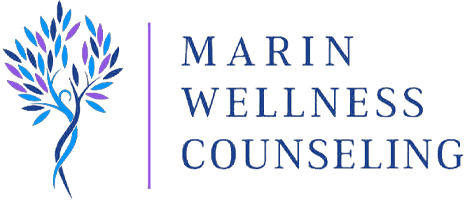Coping Strategies for Dealing with Depression

Depression can feel like being weighed down by an anchor, dragging you through a sea of gray. It can zap your motivation, dim your joy, and make even basic tasks seem insurmountable. But here’s the good news: you don’t have to weather this storm alone. There are a number of coping strategies that can help you manage depression and find your way back to brighter shores.
Building Your Resilience Toolkit
- Self-Care is Not Selfish: Prioritize activities that nourish your mind, body, and soul. This might include getting enough sleep, eating healthy meals, spending time in nature, or indulging in a relaxing hobby. Taking care of yourself creates a foundation for emotional well-being.
- The Power of Movement: Exercise is a natural mood booster. It releases endorphins, those feel-good chemicals in your brain, that can combat feelings of lethargy and despair. Start small with a brisk walk or some light yoga, gradually increasing intensity as you feel able.
- Embrace the Sunshine (Literally): Sunlight exposure helps regulate your sleep-wake cycle, which can be disrupted during depression. Aim for at least 15-20 minutes of natural light every day, even on cloudy days.
- Challenge Negative Thinking: Depression often whispers negative thoughts in your ear. Challenge these distortions with logic and identify more realistic perspectives. Techniques like cognitive behavioral therapy (CBT) can be particularly helpful in reframing negative thought patterns.
- The Strength of Connection: Social isolation can worsen depression. Make an effort to connect with loved ones, friends, or even a support group. Talking openly about how you’re feeling can be incredibly cathartic and remind you that you’re not alone.
Remember, You Deserve Help
- Seek Professional Support: Don’t hesitate to reach out to a therapist or counselor. They can provide a safe space to explore your feelings, develop coping mechanisms, and create a personalized treatment plan.
- Consider Medication: Antidepressants can be a valuable tool in managing depression. Talk to your doctor about whether medication might be right for you.
It’s a Journey, Not a Destination
Remember, coping with depression is a marathon, not a sprint. There will be good days and bad days. Be patient with yourself, celebrate your victories (no matter how small), and don’t be afraid to reach out for help when you need it. With the right approach and support system, you can weather the storm and rediscover the joy in life.

